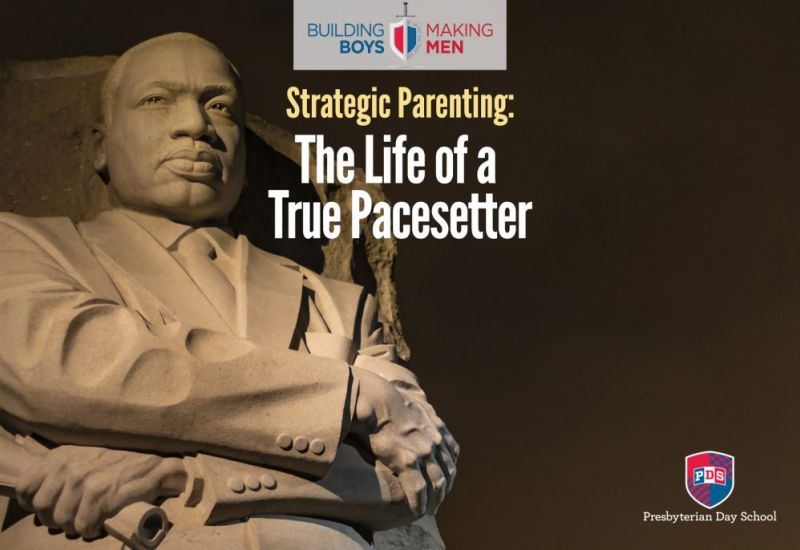
How to Get Boys to Read
The so-called “gender gap of reading” is partly a result of boys finding a limited selection of books geared to young males. Psychologists have noted that boys are much pickier when it comes to books, while girls read everything from Jane Austen to Orson Scott Card. And while the arguments on gender-specific and gender-neutral literature will continue, educators and parents ask: How can we choose books that will keep our boys reading?
Find them Soulmates: The Main Character(s) Count
From Percy Jackson the demigod, to Eragon the dragon-rider, to Alex Rider the spy, it is important that the main character appeals to boys. While girls relate to main characters, boys “become” them. Their devotion often translates into action. Boys organize Quidditch matches in their schools, have dragon-racing tournaments, and slay monsters behind every step.
These kinds of characters pull boys into books, and take them on journeys that last long beyond the last page. Boys read books, and hunt for more, when they find someone they want to become in the main character. Naturally, boys want to save the world while riding on the back of a dragon.
Keep the Momentum: Find Series Instead of Standalone Books
To keep boys reading, especially if they are reluctant, give them a great series to begin with. Percy Jackson and the Olympians is a good series for a start, because you can give them Heroes of Olympus, the sequel series, to catch that momentum when they put down The Last Olympian. The Mysterious Benedict Society has puzzles and mind-games in it that the boys can engage in while reading the story. The important thing is to keep them so interested that they themselves refuse to stop.
Another technique could be giving them books by authors who have written many books, both series and standalone books. The boys will probably stay within their comfort zones, and stick to a single author at first. After exhausting all of one author's books, they should have enough momentum to hunt down other books on their own. For younger readers, Tedd Arnold’s Fly Guy series is a great place to start. And for older readers, Margaret Petersen Haddix’ 39 Clues series has been holding boys’ interest for years.
Make Them Laugh: Humor is Part of the Criteria
To be interesting to boys, stories need to pull strong reactions: excitement, fear, and — most importantly — laughter. Read the Percy Jackson books and you find that part of the appeal is the droll humor of the main character himself. Confronted with monsters on every side trying to kill him, he either makes a snide comment or completely understates the danger.
Boys will not sit through a description of how being threatened changed the main character's life forever and turned him into a better person. They are not interested in that. What they want to see is the main character fighting back, finding a way out of his problem, and winning. And for a boy's book to do that without over-weighting the action and story, it necessarily brings in humor. That is the exact appeal of those stories.
Keep it Straightforward: Plot and Action
Girls will sit through countless descriptions of scenery and clothing. They do not quite notice the insertion of such passages into the story at all. However, for boys, even when watching a video they lose interest during a camera pan over the scenery. Boys' books are composed of tight plots and constant action.
Anthony Horowitz's Stormbreaker series illustrates this perfectly. From the first book to the last, every story is a single mission that needs to be completed. There is no downtime except in the introduction before he learns about his mission, and then in the last few pages after the mission is completed. As a result, boys do not find a reason to put down the books or they even forget they were reading the book in the first place..
How can we continue to engage boys in reading?
There are two main reasons that boys today are drawing away from books. The first is the educational system. Richard Whitmore, author of Why Boys Fail: Saving Our Sons from an Educational System That's Leaving Them Behind, explains that boys develop in a verbal sense later than girls do. This is not a disadvantage, simply a biological fact. The problem is, since the educational system has pushed literacy so far down the learning timeline, boys get left behind.
It reflects painfully in statistics. Only 40% of college graduates in 2013 were male. This is not quite a surprise, because the “gender gap in reading” is constantly growing. It is present at age 9, with 5 percentage points’ difference between reading grades; at age 13, with 8 percentage points’ difference, and age 17, with 11 percentage points’ difference.
The other reason, and one that can make a bigger difference in the approach to getting boys to read, is that boys are not being given books and stories that appeal to them. Certain kinds of stories appeal to boys; boys read non-fiction more than girls do, and how-to books. When boys grow up into men, they read newspapers and about current affairs more than women do. This does not constitute a failing in their reading choices. Rather, all it points out is that if boys are allowed to read what they like, they will definitely read.
This email address is being protected from spambots. You need JavaScript enabled to view it.
Available year-round!
We love showing off our campus and our boys.
To Schedule a tour, contact Rachel Bishop, Director of Admission at
Explore Early Childhood

Bring your son and join us for an afternoon of exploration in the Early Childhood classrooms.









![Parenting Through the Seven Virtues of Manhood - [VIDEO]](/templates/yootheme/cache/72/9f5dcb0beaf0cd72f751154782868bec_XL-72cf276c.jpeg)

